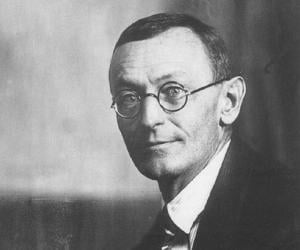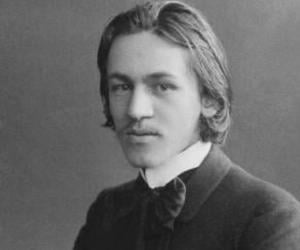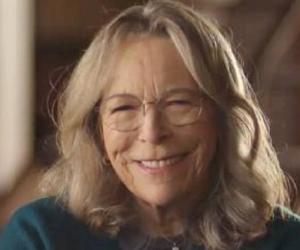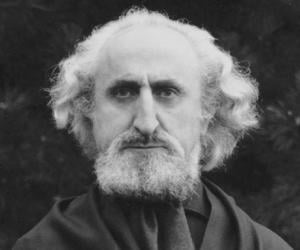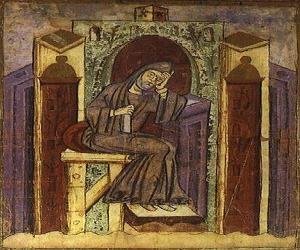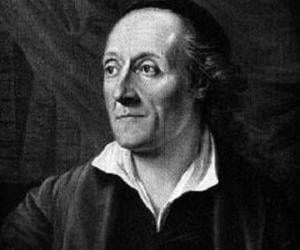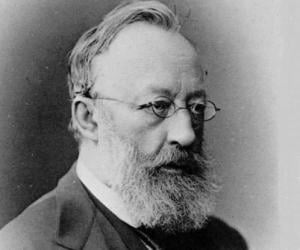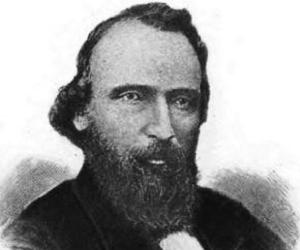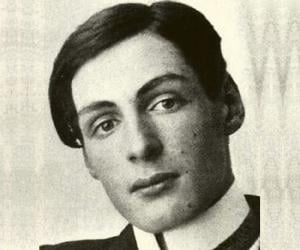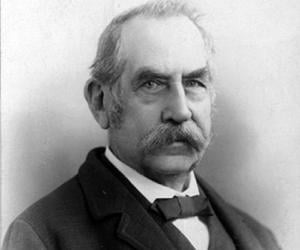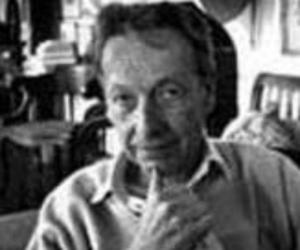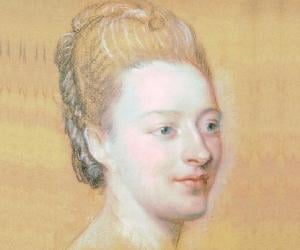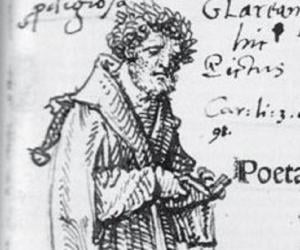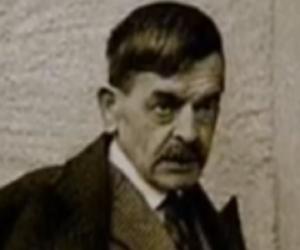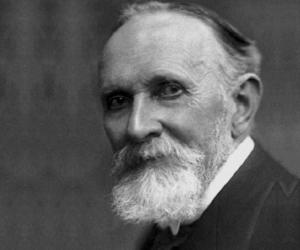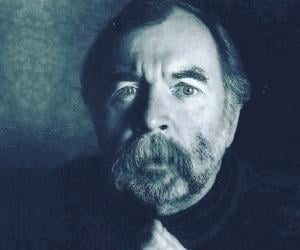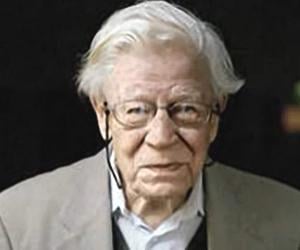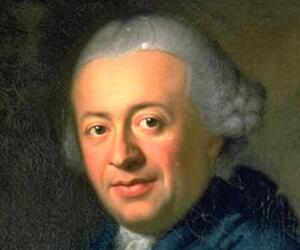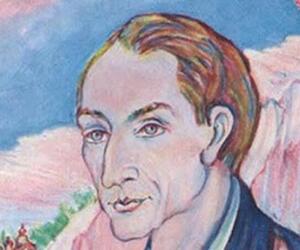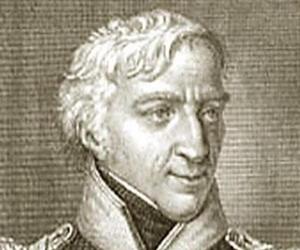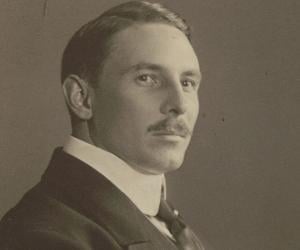1
Hermann Hesse
(Poet, Novelist & Painter Who Won the 1946 Nobel Prize in Literature)
Birthdate: July 2, 1877
Sun Sign: Cancer
Birthplace: Calw, Germany
Died: August 9, 1962
Hermann Hesse was a prolific German-Swiss poet, novelist, and painter known for his exploration of existential and spiritual themes. His literary career began in the late 19th century, with his first works published in the 1890s. Hesse's writing delved into the search for authenticity, self-knowledge, and spirituality, often drawing on his interest in Eastern mysticism and philosophy. His notable works, such as Demian, Steppenwolf, and Siddhartha, have left a lasting impact on literature and earned him the Nobel Prize in Literature in 1946.
